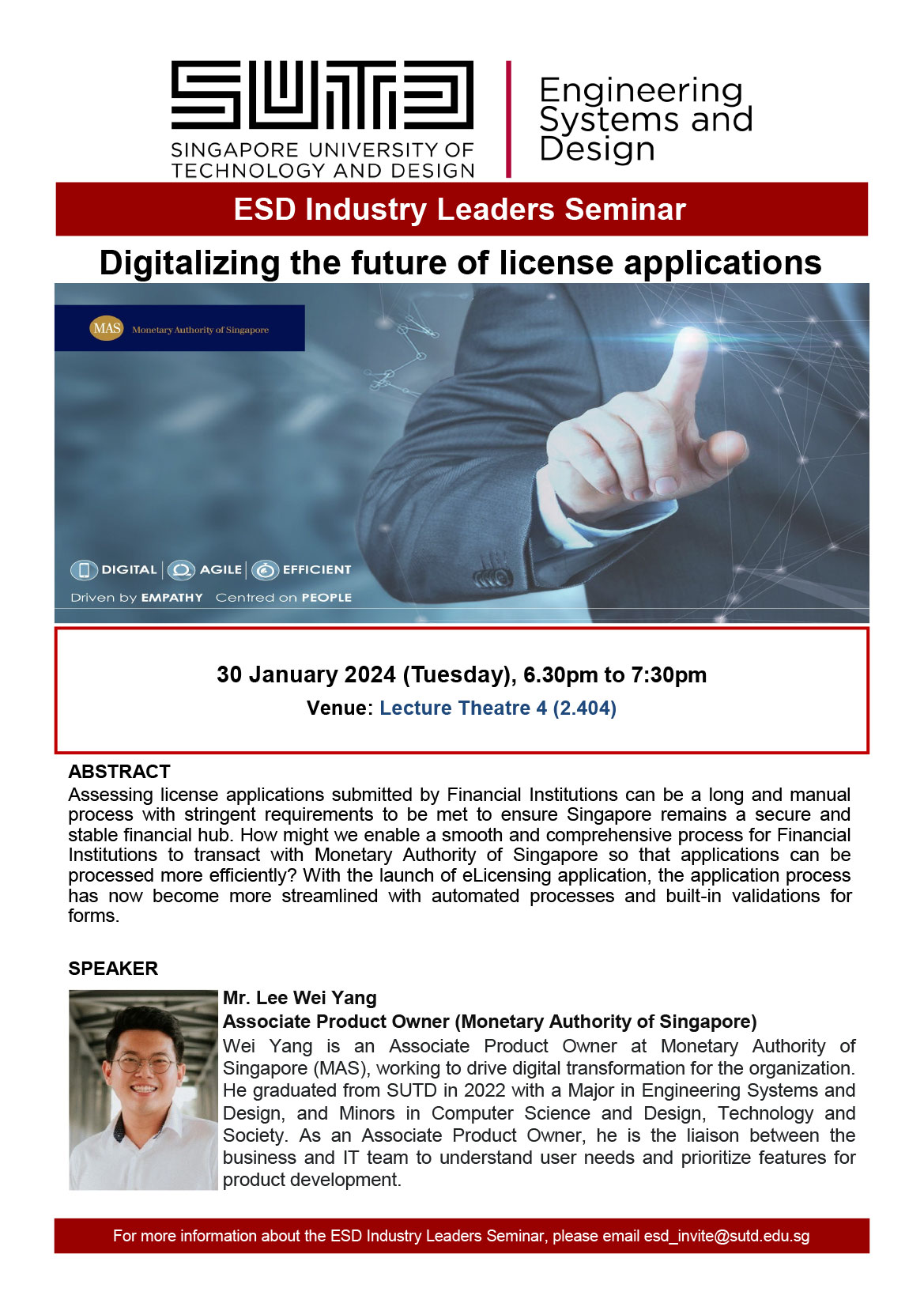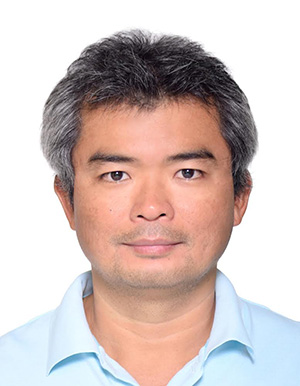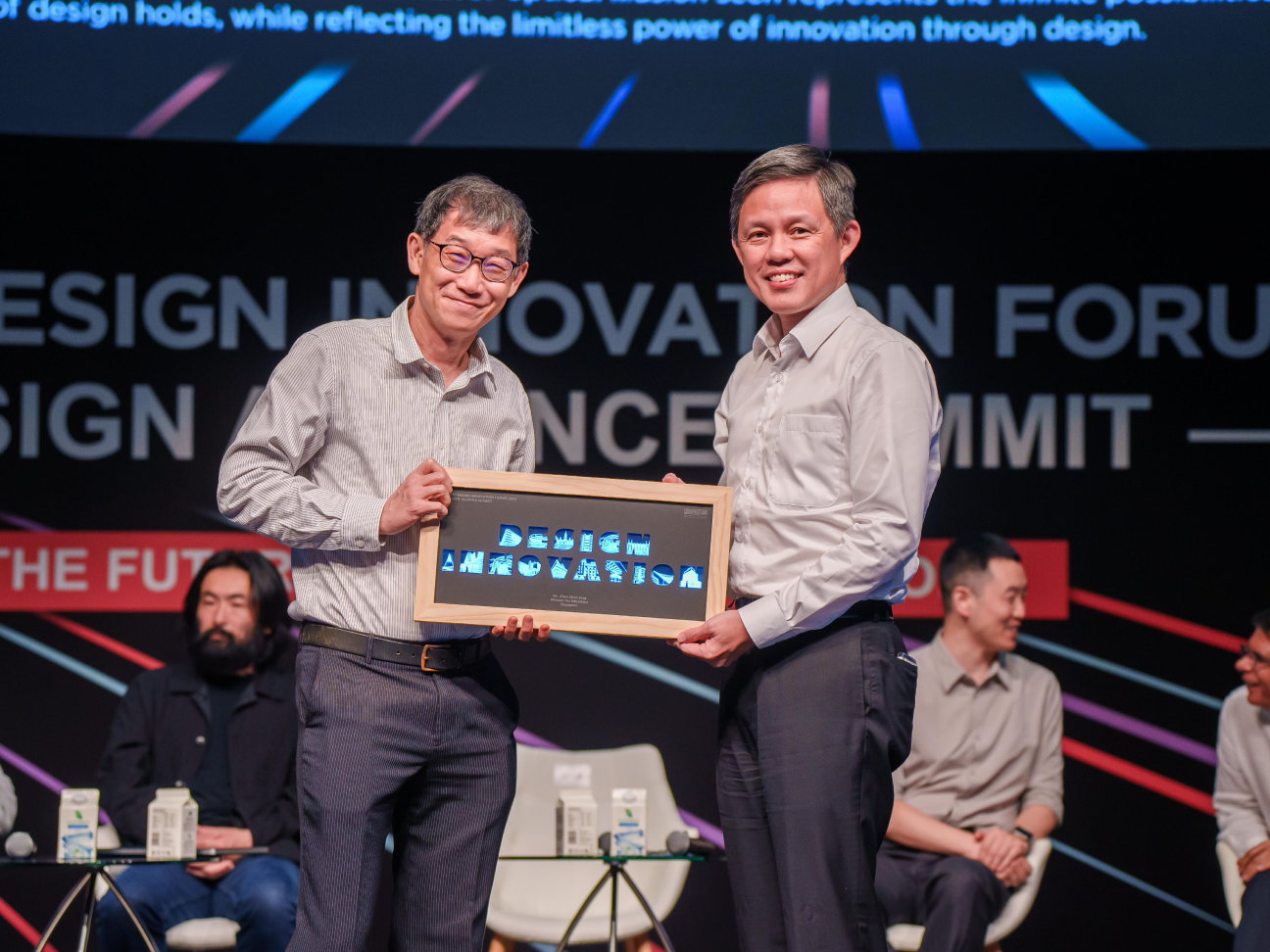Events

Andre Sirimanne & Arun Chandrasekaran (Ollion) – Navigating the Data Analytics Frontier: From Concepts to Applications
Join us on 7th February for an insightful session featuring Andre Sirimanne, Head of Solutions Asia Pacific, and Arun Chandrasekeran, Head of Data Practice Asia Pacific at Ollion. As a global, born-in-the-cloud consultancy dedicated to co-creating for good, Ollion’s mission is to unify business and technology, providing innovative solutions that go beyond addressing tech challenges. In this talk, Andre and Arun will shed light on how Ollion collaborates with the most ambitious organizations at every stage of their journey to the data cloud. […]

DH Asia Webinar Series: “Computational Methods and Intangible Cultural Heritage” by Dr. Miguel Escobar Varela
DH Asia Webinar Series: “Computational Methods and Intangible Cultural Heritage” by Dr. Miguel Escobar Varela

Lee Wei Yang (Monetary Authority of Singapore) – Digitalizing the Future of License Applications
Lee Wei Yang (Monetary Authority of Singapore) – Digitalizing the Future of License Applications

Feng Ling (A*STAR) – Optimal Machine Intelligence at the Edge of Chaos and Initial Applications to Model Training
Feng Ling (A*STAR) – Optimal Machine Intelligence at the Edge of Chaos and Initial Applications to Model Training

DH Asia Webinar Series: “The Diaries of the Soviet Ambassador in Pyongyang: Data-Specific Network Approaches to North Korean History Studies” by Dr. Donghyun Woo
We cordially invite you to the second session in our DH Asia Webinar series by Dr. Donghyun Woo from Korea Advanced Institute of Science & Technology (KAIST).

Limited-Trust in Diffusion of Competing Alternatives Over Social Networks & Apurv Shukla (Texas A&M University) – Differentially Private Online Resource Allocation
Limited-Trust in Diffusion of Competing Alternatives Over Social Networks & Apurv Shukla (Texas A&M University) – Differentially Private Online Resource Allocation
Hank Tang & Denghui Yao (LightSpeed Studios Singapore) – How to Develop a Video Game in Real Life? – from the industry perspective
Hank Tang & Denghui Yao (LightSpeed Studios Singapore) – How to Develop a Video Game in Real Life? – from the industry perspective

Nguyen Huu-Hai (Standard Chartered) – Functional Programming in Financial Markets
Nguyen Huu-Hai (Standard Chartered) – Functional Programming in Financial Markets

Robin Foe & Tham Hon Hoe (OCBC Bank) – OCBC Cloud Native Journey
Robin Foe & Tham Hon Hoe (OCBC Bank) – OCBC Cloud Native Journey

HASS Colloquium Series: Supplying Colors and en-Route Science: German Synthetic Dyestuffs in Modern China in the Early 20th Century by Ms. Lejie Zeng
At the turn of the 20th century, the German organic chemical industry began exporting coal tar-based synthetic dyestuffs to China.





